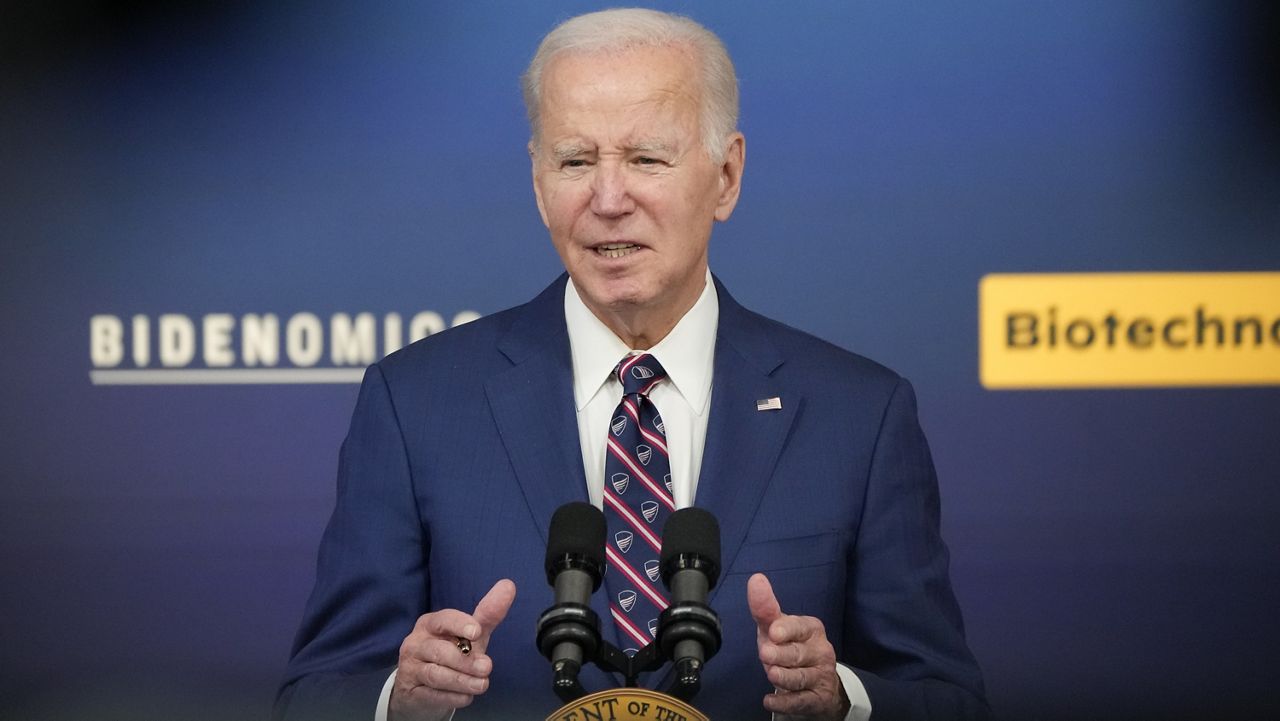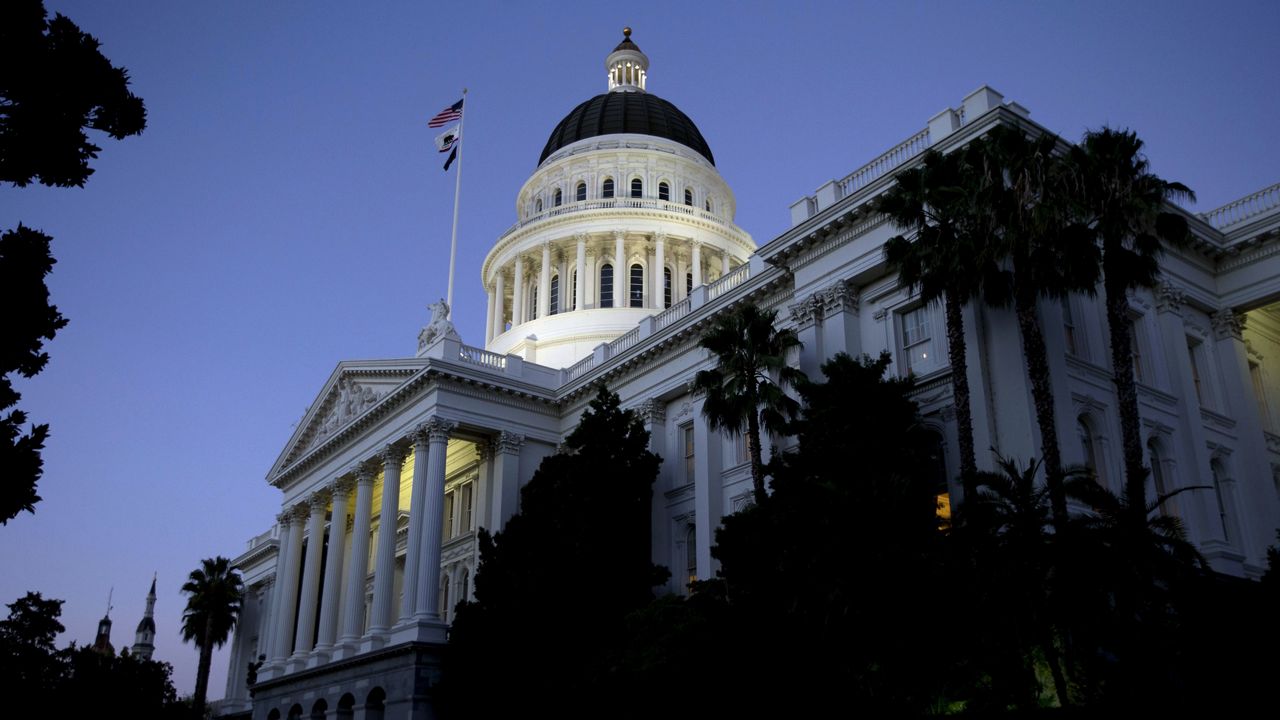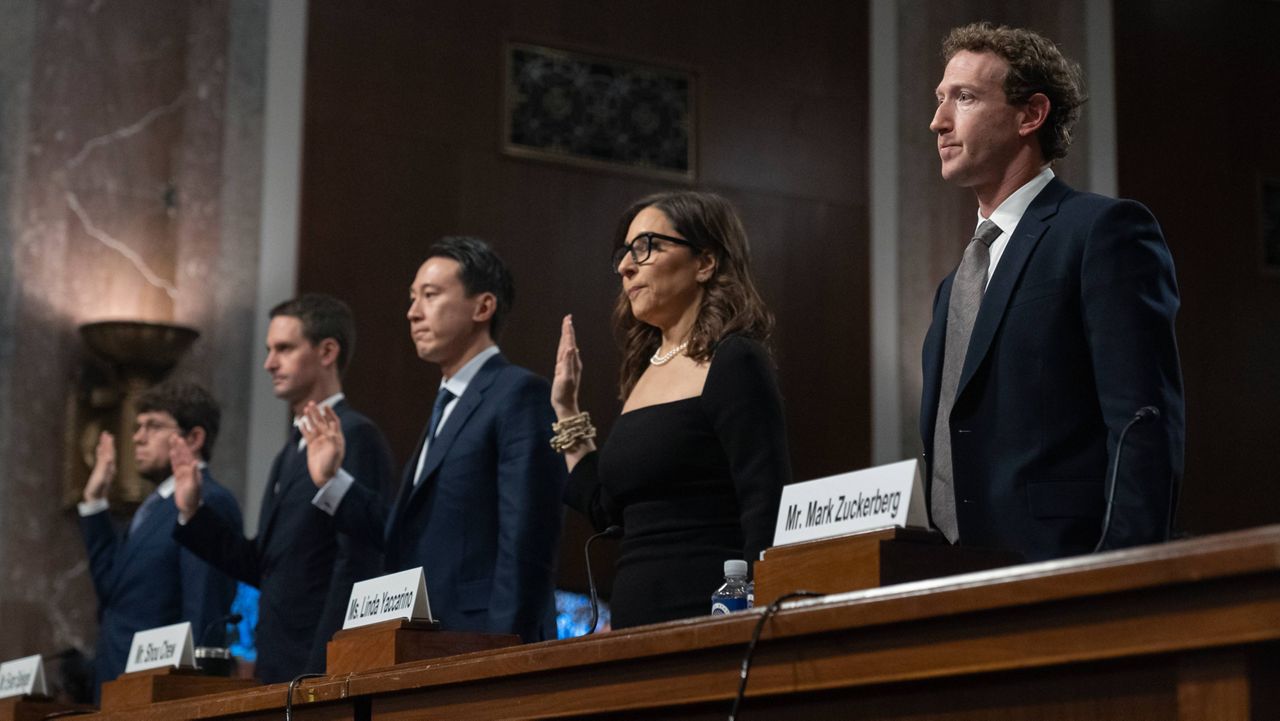Looking to spur innovation in regions beyond traditionally technology dominant coastal cities, President Joe Biden on Monday announced the designation of 31 communities as technology hubs
“We're doing this from coast to coast, in the heartland in red states and blue states, small towns and cities of all sizes,” Biden said during remarks at the White House on Monday.
The regional hubs – spanning 32 states and Puerto Rico – will compete for $75 million each to “accelerate and scale up their work.”
“We are going to invest in critical technologies like biotechnology, critical materials, quantum computing, advanced manufacturing so the U.S. will lead the world again in innovation across the board,” the president said.
The White House noted the 31 hubs were chosen from more than 370 applications and the Department of Commerce is also awarding 18 grants to help other communities build economic development plans to compete for a hub designation in future rounds of the program.
“I have to say, in my entire career in public service, I have never seen as much interest in any initiative than this one,” Commerce Secretary Gina Raimondo told reporters during a Sunday conference call to preview the announcement.
Following Biden’s remarks on Monday, Raimondo and the director of the White House National Economic Council Lael Brainard led a virtual conversation with leaders of the newly announced hubs.
The tech hubs are the result of a process Raimondo’s department launched in May to distribute a total of $500 million in grants to cities. The $500 million came from a $10 billion authorization in last year’s CHIPS and Science Act to stimulate investments in new technologies such as artificial intelligence, quantum computing and biotech.
Biden noted on Monday the announcement is key to his effort to create jobs in areas all across the country, particularly communities in which factories have been “hallowed out when jobs moved overseas.”
“Tech hubs are going to bring this work to where people live all across America,” Biden said.
“Under Bidenomics, you don’t have to leave home or your family to get a good job,” the president added, referring to the moniker the White House has embraced to sell his economic agenda.
The focus of the hubs span a variety of technology sectors including autonomous systems, quantum computing, biotechnology in drugs, devices, precisions and prediction, clean energy, critical mineral production and processing, semiconductor manufacturing and material manufacturing.
Some hubs encompass an area in just one state while others include parts of multiple states in one hub.
In total, the 31 tech hubs reach Oklahoma, Rhode Island, Massachusetts, Montana, Colorado, Illinois, Indiana, Wisconsin, Virginia, New Hampshire, Missouri, Kansas, Maryland, Alabama, Pennsylvania, Delaware, New Jersey, Minnesota, Louisiana, Idaho, Wyoming, South Carolina, Georgia, Florida, New York, Nevada, Oregon, Vermont, Ohio, Maine, Washington and Puerto Rico.
The Associated Press contributed to this report.








